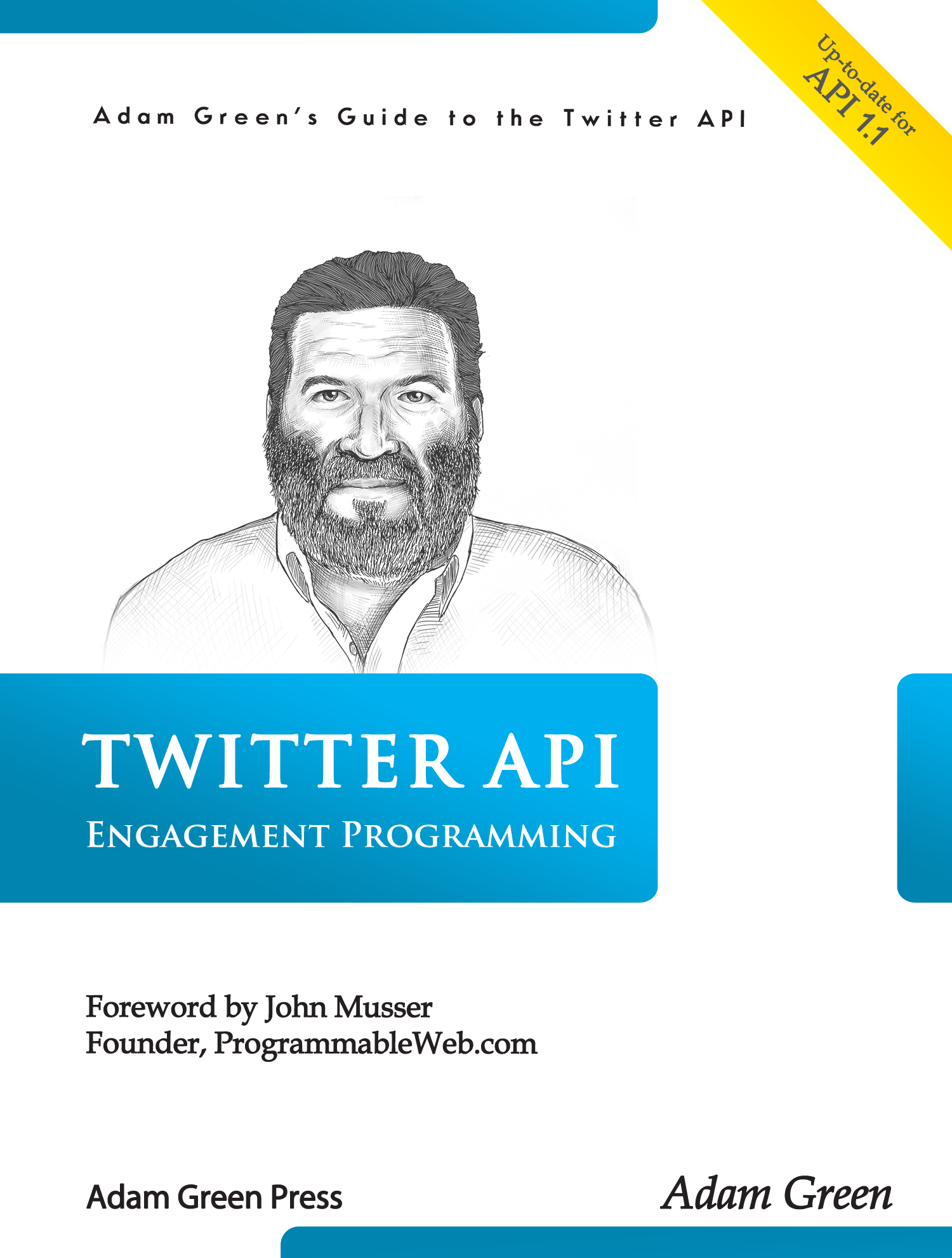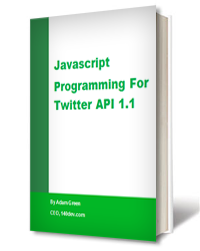It’s easy to see that Web 2.0 is winding down. What isn’t clear is where the next wave will come from. The most likely place to watch for signs of another wave is the people who were displaced by the end of the current one. I’ve seen four technology waves since I got out of college in 1978, and one thing they all had in common is that they were founded by losers.
Web 2.0 was built by people who lost their jobs after the Dot Com crash. They were unemployed from 2001 on, and they kept active in tech by blogging. These skills and social contacts evolved into the social networking sites that dominated Web 2.0.
Before that the Dot Com companies were founded by two groups. In New England especially the network engineers who lost their jobs when DEC was sold founded the network infrastructure companies, and the software people who were locked out of the retail market by Microsoft’s monopoly started the websites. I was part of the later group.
The conversion of PCs from consumer tools into corporate LANs was carried out by independent PC consultants who lost their jobs in the late Eighties and went to work for their biggest corporate clients.
And in New England again the first microcomputer companies in the early Eighties were founded by refugees from the dying minicomputer companies.
Of course, there were always fresh college graduates who added new ideas to each wave, but the industry veterans who were unemployed or underemployed made up the majority of the labor force each time.
What does that tell us about the next cycle? I think that refugees from the startup culture of Web 2.0 are going to begin a search for a new business model. Near the start of Web 2.0 it was almost impossible to hire good coders, because they had been traumatized by seeing their Dot Com options die, and were convinced they could do a better job themselves with a self-funded startup. Very few Web 2.0 start-ups every realized that golden flip to Google. This is still a very talented group, so I’m going to watch what they do over the next couple of years very closely.








